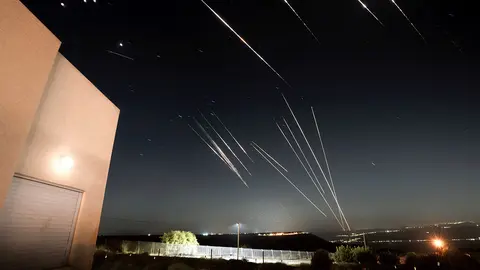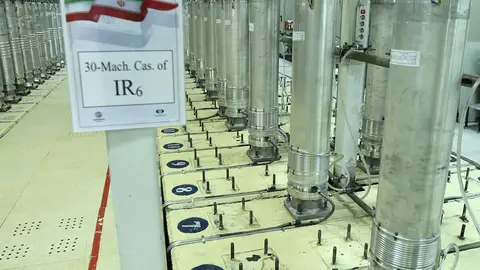Iran prepares to resume nuclear talks with Europe
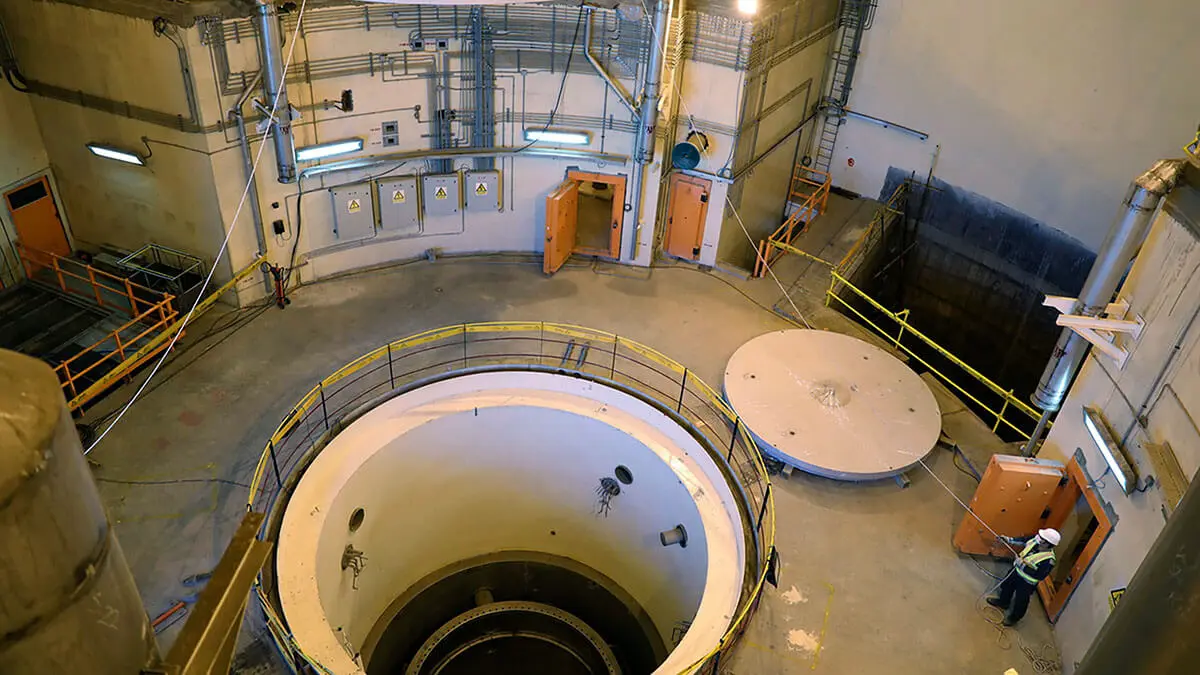
- Eastern coordination ahead of the European meeting
- Europe toughens its tone and threatens automatic sanctions
- Nuclear programme as a matter of state
- Regional risks and strategic consequences
- A turning point in Istanbul
In a climate fraught with diplomatic tensions and threats of isolation, Iran and the so-called European troika — France, Germany and the United Kingdom — will meet again this Friday in Istanbul to resume stalled talks on Iran's nuclear programme. The meeting, scheduled at the deputy ministerial level, marks the first direct contact after months of military hostilities, rhetorical escalations and warnings of sanctions. The backdrop is clear: if there is no substantial progress by the end of August, Europe will activate the ‘snapback’ mechanism, automatically reimposing the international sanctions agreed in 2015.
Eastern coordination ahead of the European meeting
On the eve of the Istanbul meeting, Iran has stepped up its contacts with Moscow and Beijing. On Tuesday, representatives of the three countries held a summit in Tehran to coordinate positions on a possible reactivation of sanctions. According to Iranian Foreign Ministry spokesman Esmail Baghaei, the aim was to ‘prevent or mitigate’ the consequences of a snapback. Russia and China, still signatories to the 2015 nuclear agreement, have reiterated their support for a diplomatic solution, although without openly committing to blocking Europe in the Security Council.
Diplomatic pressure also shifted to Moscow, where Russian President Vladimir Putin received Iranian envoy Ali Larijani on Sunday. According to the Kremlin, both leaders agreed on their assessment: the Middle East is going through a ‘critical’ moment, and only a political solution can prevent further escalation.
Europe toughens its tone and threatens automatic sanctions
The European troika has made it clear that patience is running out. In a joint statement, Paris, Berlin and London warned that if Iran does not show a concrete willingness to return to full compliance with the agreement, they will activate the automatic reactivation of sanctions — the so-called ‘snapback’ — provided for in UN Security Council Resolution 2231. This legal instrument, designed to ensure compliance with the Joint Comprehensive Plan of Action (JCPOA), allows any signatory to reimpose previous sanctions without formal approval by the Council.
The ‘snapback’ has historically been a point of friction. In 2020, the United States attempted to reactivate it unilaterally after withdrawing from the 2015 agreement, but the other signatories, including the Europeans, rejected the move, arguing that Washington no longer had the legal legitimacy to invoke the mechanism. Now, the threat comes precisely from European allies, which has set off alarm bells in Tehran.
Iranian Foreign Minister Abbas Araqchi reacted harshly in a letter to UN Secretary-General António Guterres: ‘The European parties have no legal, political or moral legitimacy to resort to this measure,’ he said. In the same vein, Baghaei stated that ‘the Europeans have been negligent in their obligations’ and that the use of the mechanism would only damage the credibility of the multilateral system.
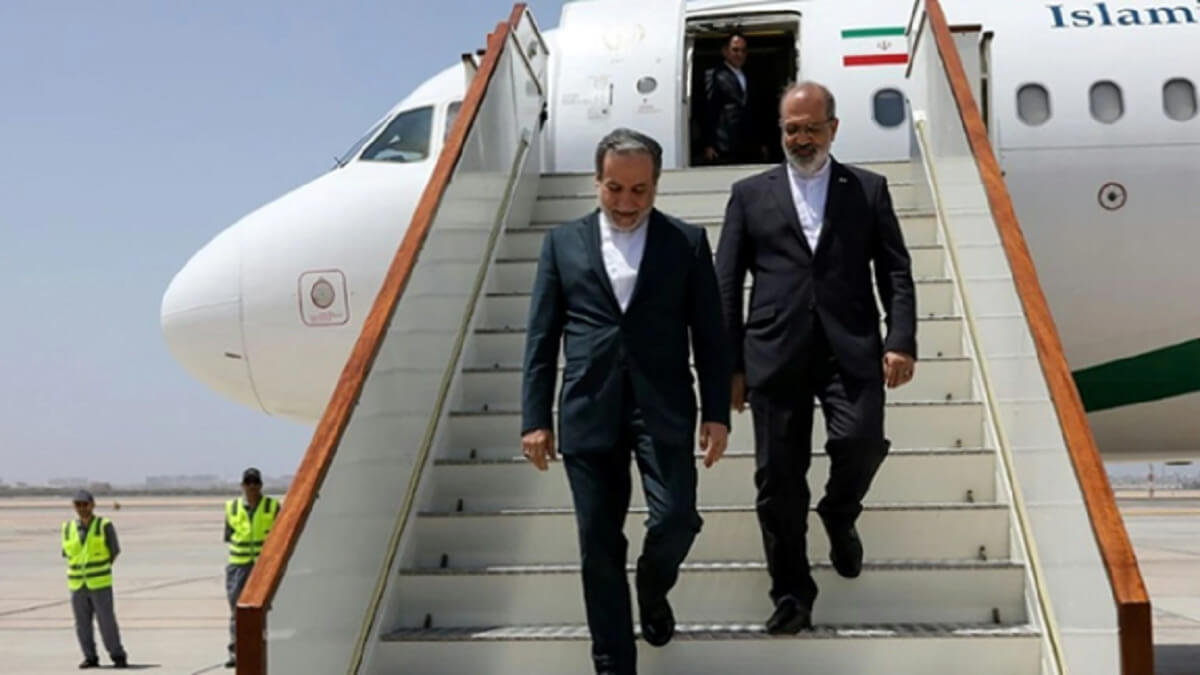
Nuclear programme as a matter of state
Since the US withdrawal in 2018, Iran has gradually resumed several activities prohibited by the agreement, including uranium enrichment to 60%, which puts it one technical step away from reaching the 90% threshold required for weapons use. Although Tehran insists that its programme is for peaceful purposes, the current levels have raised concerns even among its eastern allies.
‘Giving up enrichment would be giving up our scientific sovereignty,’ Araqchi recently declared, describing nuclear development as ‘a matter of national pride’. According to data from the International Atomic Energy Agency (IAEA), Iran already has more than 400 kg of uranium enriched to 60%, enough to manufacture up to ten warheads if refined beyond the critical threshold.
Cooperation with the IAEA has also been frozen since June, following the withdrawal of inspectors' access to several facilities affected by bombing. In fact, permission for IAEA agents to access Iranian nuclear sites depends on the approval of the Iranian state following the latest law promoted by President Masoud Pezeshkian and endorsed by the Parliament of the Islamic Republic. Although ‘considerable damage’ has been reported at key complexes such as Fordow and Natanz, the agency has not been able to verify how much of the sensitive material remains in the country or in what condition.

Regional risks and strategic consequences
Beyond the diplomatic standoff, the eventual collapse of the nuclear agreement would have serious consequences for regional stability. Iran has already hinted that it could abandon its security commitments in the Persian Gulf and the Strait of Hormuz, which would open up a front of instability in one of the most important arteries for global oil transport.
There are also fears that some of the nuclear material could escape international control. The combination of sanctions, opacity and isolation could lead Tehran to hide part of its strategic arsenal or diversify its storage network, making future monitoring difficult. Nuclear analysts warn that such a scenario would open the door to a new regional arms race, with countries such as Saudi Arabia and Turkey re-evaluating their own nuclear capabilities.
Internally, the tightening of sanctions could exacerbate Iran's economic crisis, putting even more pressure on the regime. In this context, the government could choose to radicalise its foreign policy or intensify domestic repression to contain social unrest.
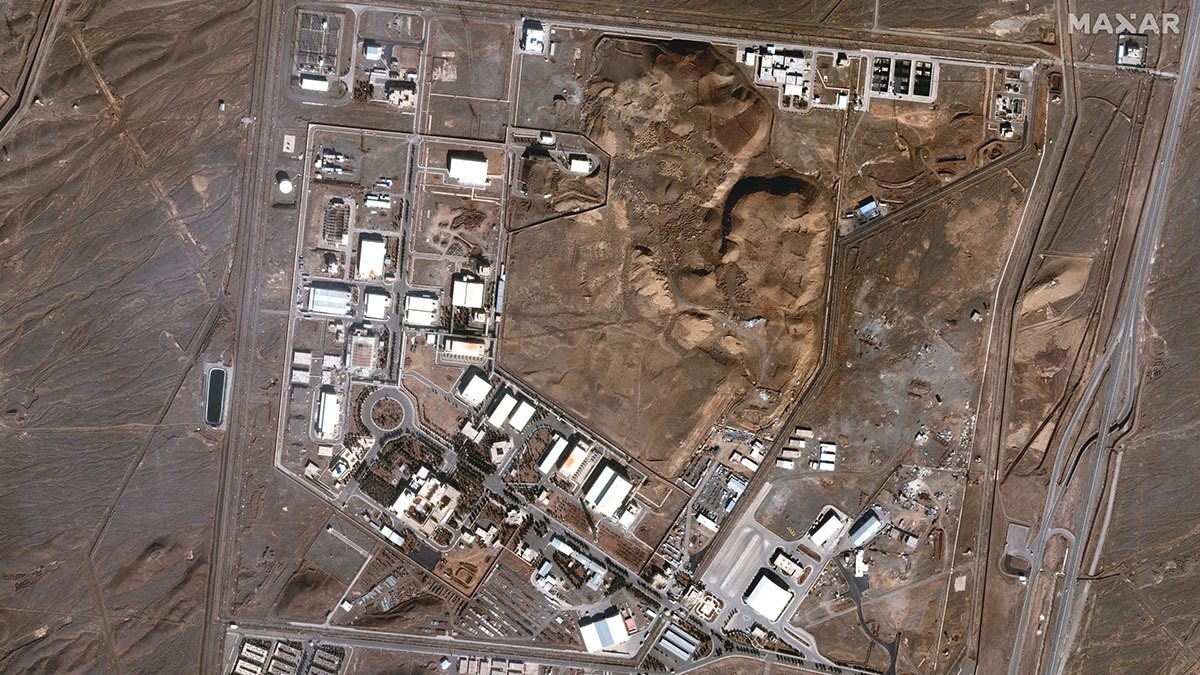
A turning point in Istanbul
Friday's meeting represents much more than a simple technical round. While the parties arrive with opposing positions, there is still room—albeit narrow—to get the agreement back on track. The reactivation of IAEA verification protocols and a partial moratorium on the nuclear programme would be minimal but necessary steps to avoid a point of no return.
The alternative is clear: resorting to the ‘snapback’ would seal the break-up of the JCPOA and could push Iran towards a path of prolonged confrontation. In an increasingly fractured world, the outcome of these negotiations could define not only the future of the Middle East, but also the credibility of the multilateral order.

